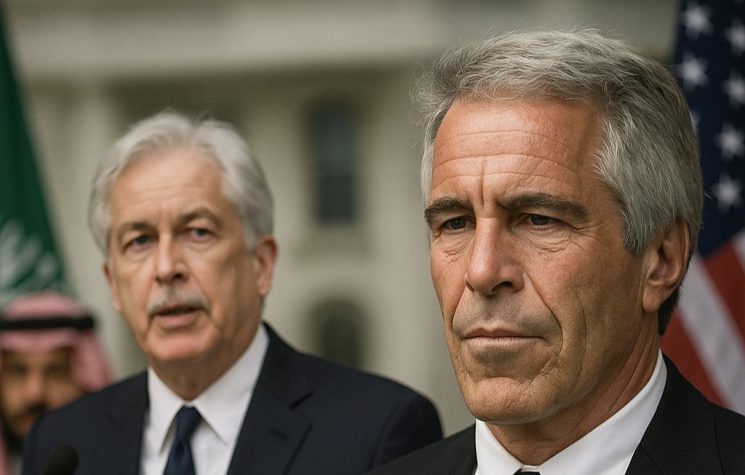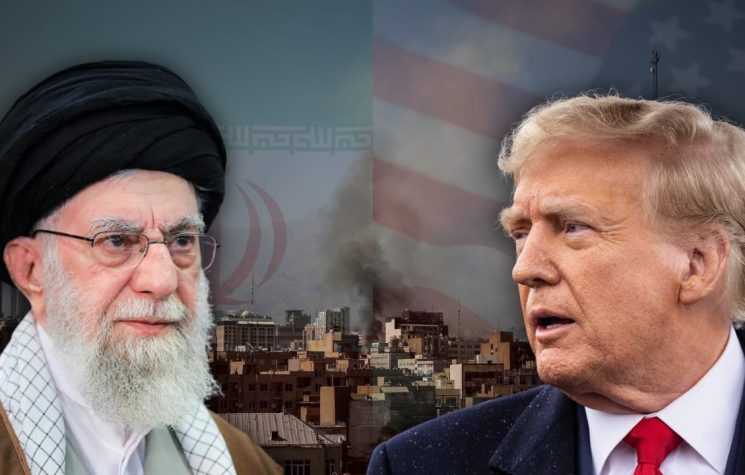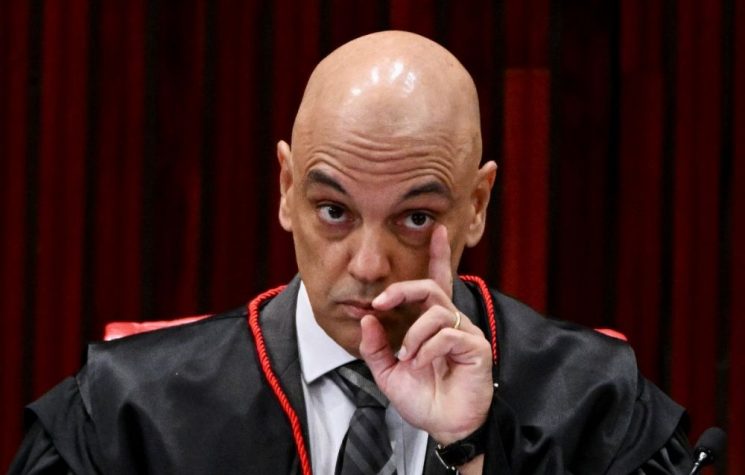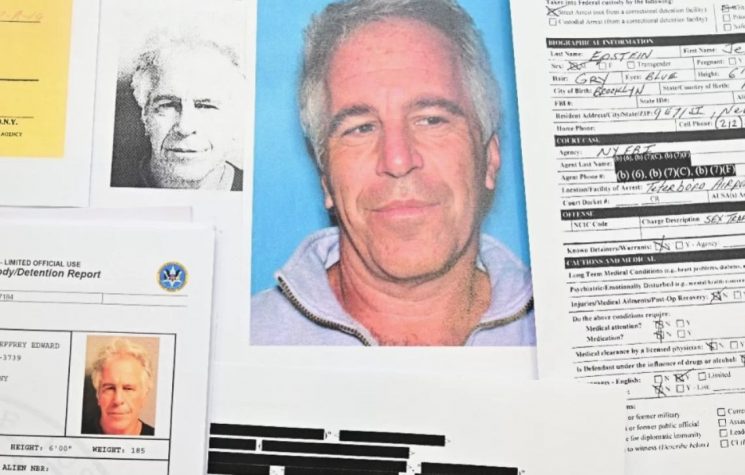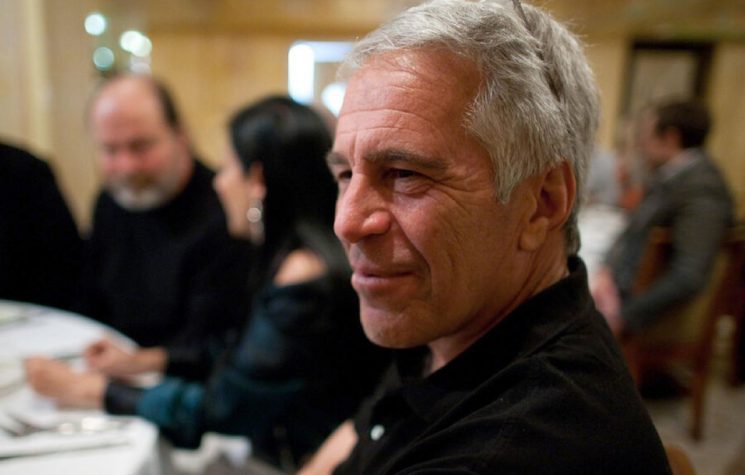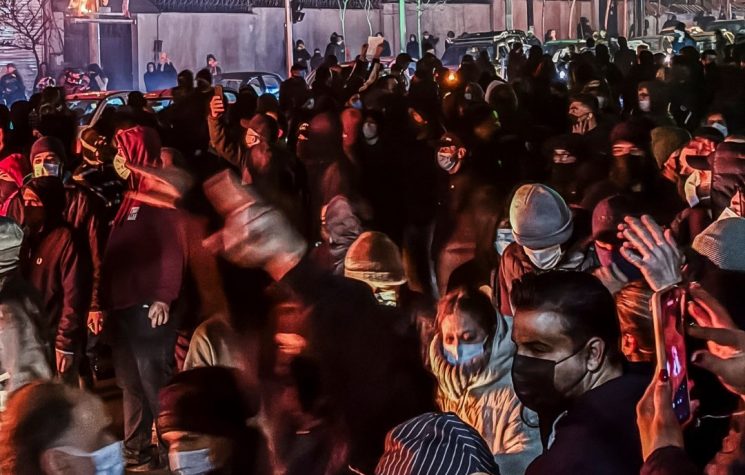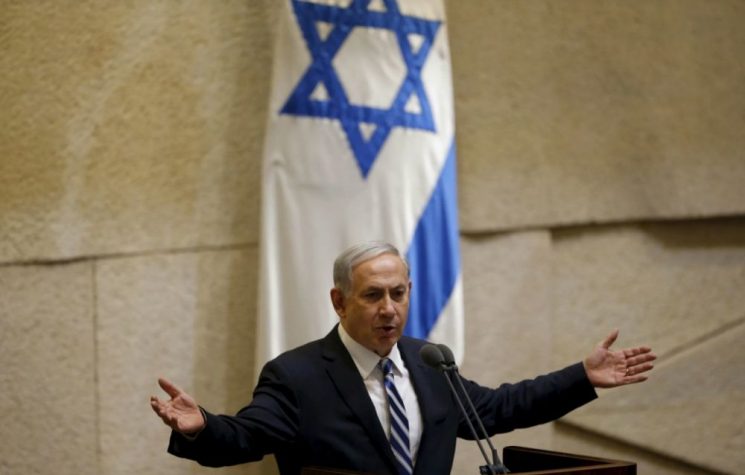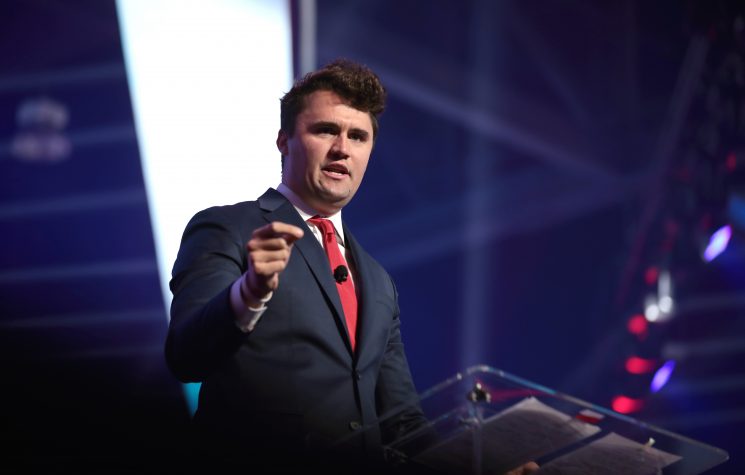In a truly liberal and democratic society, difficult discussions should be encouraged.
Contact us: info@strategic-culture.su
With the recent release of the JFK files, Twitter—sorry, X—is ablaze with amateur detectives sifting through the document dump with more fervour than an especially high Shaggy devouring Scooby Snacks. The question on everyone’s lips: whodunnit? The answer remains elusive, given the lack of a definitive smoking gun, but what is clear is that the lone gunman theory is dubious at best. What is clear is that Kennedy had managed to upset a lot of important people, and the list of suspects remains extensive.
What’s curious, though, is the feeling of uneasiness, a sense of hesitation when considering Israel’s possible involvement in the ‘63 assassination. Discussions about the Mob, the CIA (arguably the same entity in post-war America), the military, and the Fed all feel acceptable within the Overton Window, yet raising the question of Israeli connections feels problematic and that it must be treated with exceptional delicacy. Why does any criticism of Israel provoke an instinctive sense of foreboding, as if any questioning could incite the next Holocaust, invite accusations of antisemitism, and lead to cancellation or social exile, akin to getting a swastika tattooed on one’s forehead? The answer is simple: we have been indoctrinated and propagandised by a Zionist movement determined to pursue its goals without scrutiny, protest, or backlash.
This influence permeates all tiers of society. The CIA, for example, specifically demanded that all mentions of Israeli intelligence be redacted from the JFK files. Thankfully, they weren’t. The documents indicate that Israel, like the other key players, had the means, motive, and possibly the opportunity. This bizarre exceptionalism extends beyond public discourse into the very corridors of power. Trump is now pressuring universities with threats of defunding, arguing that it is antisemitic to protest against genocide. The paradox is staggering: recognising the Holocaust as one of history’s greatest atrocities somehow inhibits criticism of an ongoing holocaust against a minority group, ironically within the nation-state of Israel. The bullied have become the bully. Even asserting that Palestinians are human beings deserving of self-determination is almost as dangerous as being displaced to a refugee camp in the West Bank. Imagine if Putin had deliberately targeted refugee camps, hospitals, and women and children. The media would double down on the Hitler comparisons, yet when Netanyahu does it, we get justifications, sanitised language, and deflection tactics designed to desensitise us to human suffering—so long as the victims are Muslim and not Jewish. Without eyewitness videos capturing the daily brutality in Gaza, the mainstream media would still have us believe that the IDF is the “most moral army in the world”. October 7th, of course, is the official start of history, with Hamas launching an entirely unprovoked and exceptionally evil attack that now somehow justifies the ongoing mass slaughter of hundreds of thousands of innocents, mostly children.
Israeli exceptionalism is even evident in the way definitions are constructed. The Stockholm Declaration of 2000 by the International Holocaust Remembrance Alliance (IHRA), adopted by numerous governments, originally referenced only Jewish victims, omitting other groups targeted by the Nazis. Only recently were the Roma added as a secondary consideration, yet most people still equate the Holocaust solely with the murder of six million Jews, forgetting the communists, Slavs, intelligentsia, disabled people, and others who perished. It is also evident in political rhetoric: politicians can discuss Islamic extremism and Asian grooming gangs without fear of career-ending repercussions from Muslim lobby groups. But criticising Zionist influence in domestic politics? That is antisemitic. Al Jazeera produced an in-depth documentary exposing the role of Israeli lobbying in UK politics, demonstrating how a coalition of bad-faith actors—including figures from the UK military, intelligence services, and the Labour Party itself—helped neutralise the “Corbyn threat” due to his pro-Palestinian stance. Luckily, the British public, of course, opted for Boris Johnson instead, another pyrrhic victory in the ongoing destruction of the country to “Build Back Better’. That wasn’t sarcasm. Confessions of an Economic Hitman outlines what would have come next if Corbyn hadn’t been stopped by the PR wing of the establishment, aka the media—something confirmed by leaked emails between then-CIA Director Mike Pompeo and top UK army generals. No one critical of Israel, capitalism, or the poverty gap will ever be allowed to hold real power. That’s not how pseudo-democracy works. The system’s genius lies in making people believe they have agency while using every cog in the machine to propagandise them into voting against their own interests, vilifying any true opposition, and infiltrating grassroots movements to sabotage them from within. Thatcher being Blair’s hero was no coincidence. Nor was it a coincidence that NHS privatisation began under a Labour government.
Why does Israel exert such influence over Western politics, and why is this question taboo? The answer to the first part explains the second. Money is an undeniable factor. The Balfour Declaration of 1917 was the first explicit expression of Western support for Zionism. In a letter to Lord Rothschild, Balfour stated: “His Majesty’s Government view with favour the establishment in Palestine of a national home for the Jewish people and will use their best endeavours to facilitate the achievement of this object.” Why was the British government, in the middle of “the war to end all wars”, concerned with creating a Jewish homeland? It probably had nothing to do with wartime financing or securing continued support from the Rothschild banking empire. Of course, linking Jewish families to banking is now considered verboten, despite its historical accuracy—perhaps because other major faiths condemned usury while Judaism permitted it. A factual discussion about the historical role of Jewish bankers is not antisemitic. Blaming any negative behaviours on Jewishness as opposed to individual character would be, however, explaining why Jewish moneylenders played a foundational role in global finance is a matter of historical record, not prejudice.
Equating all Jewish people with Zionism is another tactic Zionists use to stifle criticism. The most absurd example was the UK Labour Party purge around 2020, where thousands of members were expelled for “antisemitism” because they criticised Israeli foreign policy or sympathised with the Palestinian cause. The most preposterous part being that many of these individuals were Jewish themselves, merely critical of Likud and Netanyahu’s policies—just as many people are critical of their own self-serving governments. Conflating Zionist extremism with Jewish identity only fuels real antisemitism, which, of course, serves the Zionist agenda. Manufactured crises provide justification for further censorship, suppression of free speech, and, ultimately, amnesty for Israel’s ethnic cleansing of untermensch from their promised land.
This is not to say that Israel’s security concerns should be ignored. Ordinary Israeli citizens—especially those with no political power—deserve empathy. As a small state imposed upon an existing population in a predominantly Muslim region, survival was a legitimate concern. Reeling from the genocide of WWII, many Jewish people felt terrorised and desperate for a homeland and sense of safety and security. The tensions of the next two decades culminated in the Six-Day War of 1967, illustrating how fragile Israel’s existence seemed. In that context, Kennedy’s opposition to Israeli nuclear ambitions understandably led to tensions between the president and the Israeli security forces. It was perhaps his stance on Dimona ‘what done it. ’ It’s doubtful the whole truth will ever be known.
What we do know is that Israel’s influence over Western politics remains. Trump’s stance on the 1st Amendment and free speech miraculously and exceptionally crumbles when it comes to Israel—perhaps influenced by one of his largest donors, Miriam Adelson, a staunch Zionist. Her financial backing naturally comes with conditions, including permitting Israel to annex the occupied West Bank—a move that would permanently eliminate any hope for a two-state solution. She has also funnelled millions into illegal settlement projects and educational programmes, accused by progressive Jews of whitewashing the occupation of Palestinian territories. Some of Trump’s appointments, including Mike Huckabee as U.S. Ambassador to Israel, appear handpicked by Adelson, a man so vehemently pro-Israel he once said there’s no such thing as a Palestinian.
Trump has always valued loyalty, and the Adelsons became firm Trump supporters as early as 2015, even helping to fund his legal battles against the numerous lawsuits filed against him. One can only hope that, at some point, Trump recalls his own tweet from 13 October 2015: “Sheldon Adelson is looking to give big dollars to Rubio because he feels he can mould him into his perfect little puppet. I agree!” and ensures that he isn’t simply having his own strings pulled to serve the interests of Jewish billionaires who amassed their wealth through casino exploitation—an industry arguably even more morally bankrupt than the banking system itself. Is it any wonder Trump has given the green light to rebuilding Gaza as a Vegas of the Middle East? Seems like a very lucrative and beneficial partnership for himself, Adelson and the businesses they manage. There’s seemingly zero concern that this potential new playground is on the site of a monstrous cemetery of atrocity and child murder.
Critics argue that the USA, as Israel’s primary financier and weapons supplier, bears ultimate responsibility for the current genocide. But if Zionists exert significant influence over U.S. policy through lobbying, donations, and blackmail, who really holds the power? Pointing out that Netanyahu was funding Hamas to weaken the solidarity of Palestinians supportive of the more moderate PLO is yet another “unacceptable truth”. Suggesting that Israeli intelligence may have known about the October 7th attacks and allowed them to happen to justify retaliation? Also unacceptable despite testimonies from IDF soldiers and people on the ground. Yet we are allowed to discuss U.S. and UK false flags, like WMDs in Iraq, without fear of ostracisation. The media discusses Epstein and his victims and occasionally elements of the client list but never forays into the real issue of who his honeytrap operation served. The overwhelming evidence is that he and Maxwell were working for Mossad, but again, just typing such things would have the Zionists decry more crocodile tears of antisemitism.
In a truly liberal and democratic society, difficult discussions should be encouraged. The Holocaust cannot be wielded indefinitely to silence criticism of Israel’s actions. This is classic covert narcissistic abuse—where the villain perpetually maintains victimhood, and thus you become the monster for daring to speak out. The reality is that power attracts psychopaths, irrespective of race, religion, or creed. The inability to state that the genocide unfolding now is being executed with the same fervour, dehumanisation, and conviction that it serves the “greater good” as the Nazis believed in the 1930s—out of fear of being ostracised as antisemitic—is itself a tactic straight from Hitler’s playbook, where critics of the Third Reich were dismissed as ‘anti-German’. Censorship and historical revisionism only serve to defend the indefensible.
So before this article leads to cancellation, let’s readdress the original question: who killed JFK? We will most probably never know the full truth. But when considering all the agencies holding grudges, anyone who has watched Murder on the Orient Express probably has a fair idea.


















